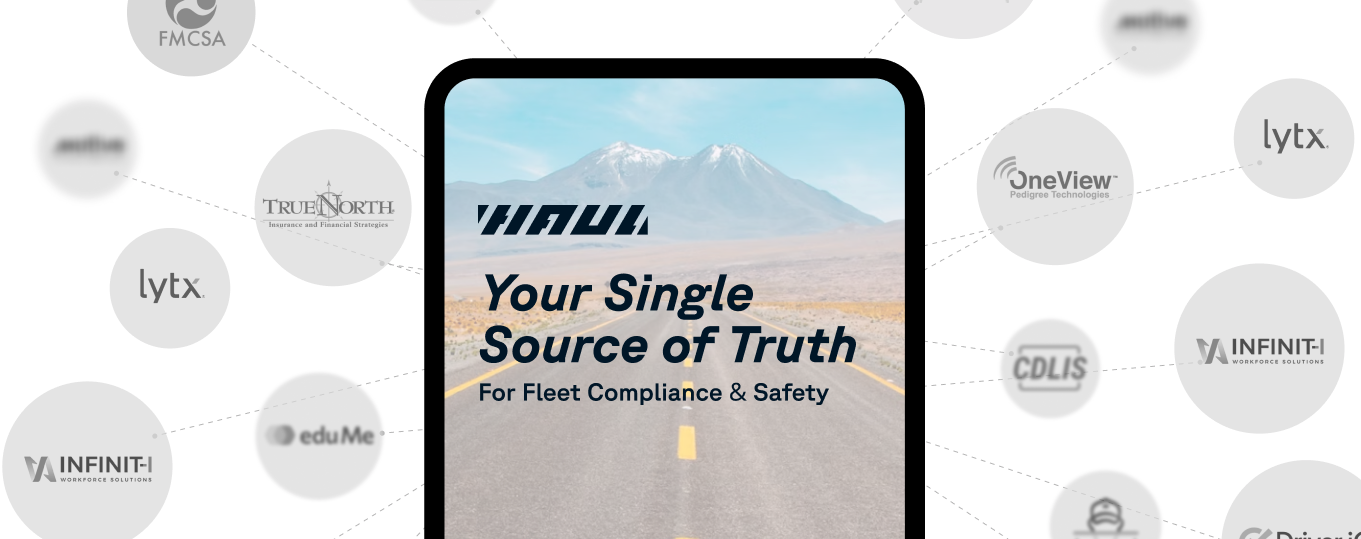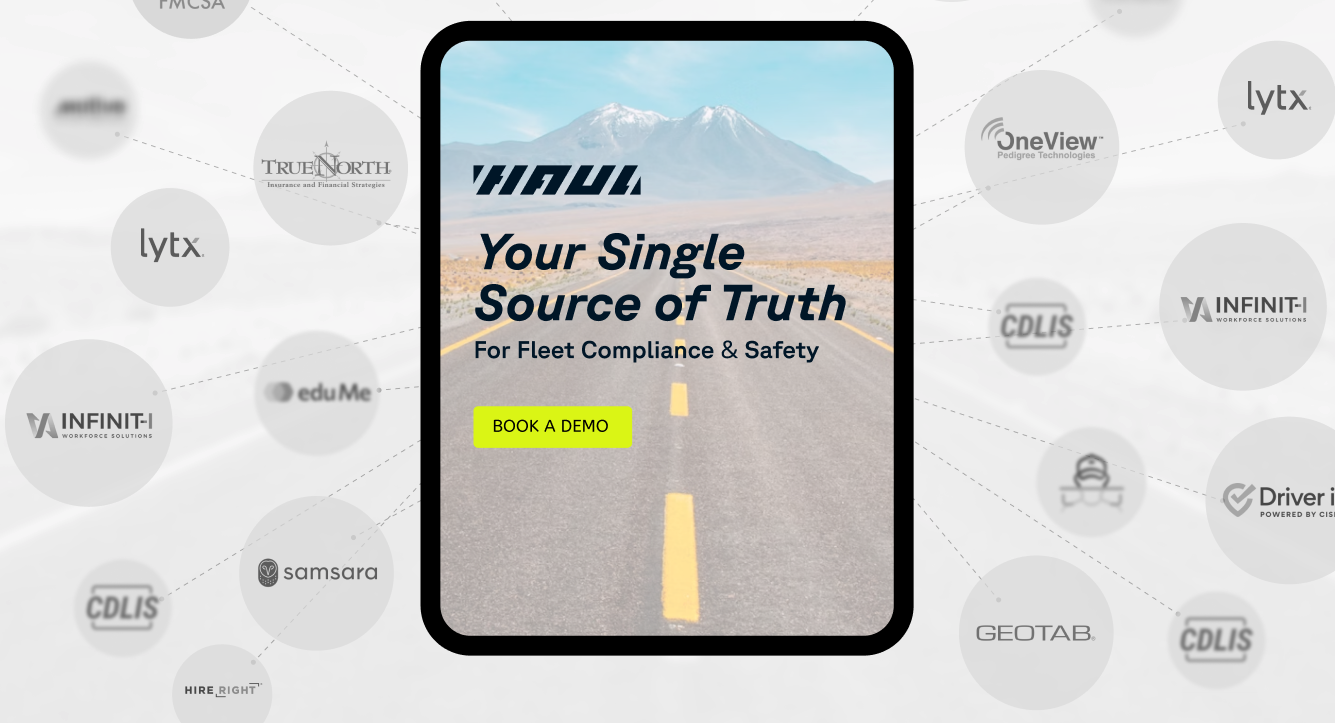Commercial truck insurance no down payment

Navigating the complexities of commercial truck insurance can be a daunting task. Especially when you're juggling the responsibilities of fleet management and logistics.
Enter the concept of commercial truck insurance with no down payment. It's an option that promises low upfront costs, potentially easing financial strain.
But what does it really entail? And how can it contribute to your goals of operational efficiency, safety, and compliance?
In this guide, we'll delve into these questions, providing insights to help you make informed decisions about your fleet's insurance needs. Let's get started.
Understanding No Down Payment Commercial Truck Insurance
Commercial truck insurance with no down payment, as the name suggests, requires no upfront payment. Instead, the cost is spread over the policy term.
This can be a boon for cash-strapped businesses. It allows for immediate coverage without a significant initial outlay.
However, it's crucial to understand the terms and conditions. The total cost might be higher over time, so it's essential to weigh the benefits against potential long-term expenses.

The Financial Benefits for Fleet Operations
No down payment insurance can ease the financial strain on fleet operations. It allows for better cash flow management, a critical aspect of running a successful fleet.
For small and medium-sized enterprises, this can be particularly beneficial. The ability to spread insurance costs over time can significantly impact operational expenses.
However, it's important to compare traditional insurance policies with no down payment options. The latter may have higher overall costs due to interest and fees.
Eligibility and Coverage Considerations
Not all fleets will qualify for no down payment insurance. Eligibility often depends on factors like fleet size, vehicle type, and risk profile.
Understanding the terms and conditions of these policies is crucial. Pay close attention to coverage limits and deductibles when selecting a policy.
Remember, low initial costs should not compromise the quality of coverage. Ensure the policy meets your fleet's specific needs and risk management strategies.
Managing Risk and Compliance with No Down Payment Insurance
No down payment insurance can contribute to compliance with financial responsibility laws. It allows for immediate coverage, enhancing fleet safety.
However, it's essential to continuously monitor and reassess your insurance needs. Changes in fleet size, vehicle type, or risk profile can impact your coverage requirements.
Leverage technology and real-time data to manage insurance costs and risks. Telematics can provide valuable insights into driver behavior, vehicle health, and other risk factors.
Technology's Role in Insurance Management
Technology plays a crucial role in comparing insurance options and managing policies. It provides real-time insights, aiding in decision-making.
Advanced tools can integrate insurance management into broader fleet management systems. This integration promotes efficiency and transparency.
Moreover, technology can help maintain affordable premiums with no down payment insurance. It enables continuous monitoring of fleet operations, helping to mitigate risks and reduce costs.

Partnering with the Right Insurance Provider
Choosing the right insurance provider is crucial for long-term benefits. A strong partnership ensures transparency and better negotiation of terms.
Remember, the provider's understanding of your fleet's risk profile can significantly influence your insurance rates. Choose wisely.
Conclusion: Balancing Cost and Quality in Fleet Insurance
Commercial truck insurance with no down payment can be a game-changer for fleet operations. It offers financial flexibility while ensuring compliance and safety.
However, it's essential to balance cost savings with quality coverage. Continuous monitoring and reassessment of insurance needs are key to effective fleet risk management.

